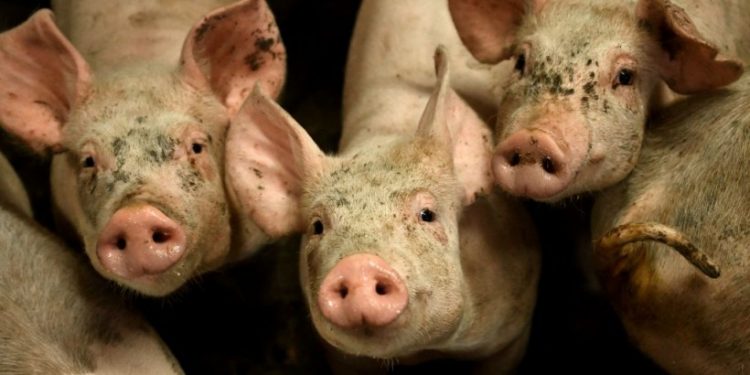In a groundbreaking move, Denmark has become the first country to introduce a tax on greenhouse gas emissions from livestock, starting in 2030. This pioneering initiative is a key step towards meeting the country’s ambitious climate targets and offers significant opportunities for investors and entrepreneurs in sustainable agriculture.
World’s First Livestock Emissions Tax
Denmark’s new tax plan, reported by NBC News, targets methane emissions from cows, sheep, and pigs, a significant source of greenhouse gases. Beginning in 2030, Danish farmers will incur a tax of 300 kroner ($43) per ton of carbon dioxide equivalent, which will rise to 750 kroner ($108) by 2035. To mitigate the financial impact, a 60% income tax deduction will reduce the effective cost to 120 kroner ($17.3) per ton in 2030, increasing to 300 kroner by 2035.
This policy is part of Denmark’s broader strategy to reduce greenhouse gas emissions by 70% from 1990 levels by 2030. The tax agreement, a product of extensive negotiations among the government, farmers, industry representatives, and unions, reflects a strong consensus that enhances its prospects for approval in parliament.
The Urgency of Methane Reduction
Methane is a potent greenhouse gas, trapping about 87 times more heat than carbon dioxide over a 20-year period, according to the US National Oceanic and Atmospheric Administration. The UN Environment Program estimates that livestock contributes approximately 32% of human-caused methane emissions globally. Addressing these emissions is crucial for combating climate change, and Denmark’s initiative sets a precedent for other nations.
Global Context and Market Implications
While Denmark leads with its emissions tax, other countries are exploring similar measures. For instance, New Zealand’s ‘burp tax’ law, initially set for a 2025 rollout, was repealed due to farmer protests, but the country continues to seek alternative methods to curb methane emissions. Denmark’s approach, coupled with its robust agricultural sector, positions it uniquely in the global market as both a major dairy and pork exporter.
The implementation of this tax occurs amidst widespread farmer protests across Europe against various climate change mitigation policies. Denmark’s experience and the reactions from its agricultural sector will be closely watched by other nations contemplating similar regulations.
Implications for Investors and Entrepreneurs
For entrepreneurs and investors, Denmark’s livestock emissions tax signals a shift towards more sustainable agricultural practices. This move creates opportunities for innovation in methane reduction technologies, improved livestock management practices, and alternative farming methods. Companies that can provide solutions to help farmers comply with the new regulations or reduce their methane emissions will find a receptive market.
Investors should also consider the broader implications of such policies on global food systems and agricultural practices. With Denmark setting a precedent, there may be increased demand for sustainable farming technologies and practices worldwide, presenting significant investment opportunities in this sector.












